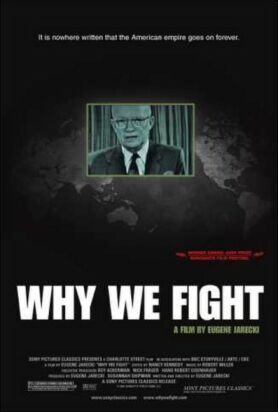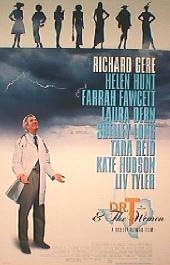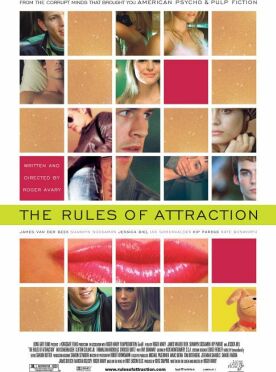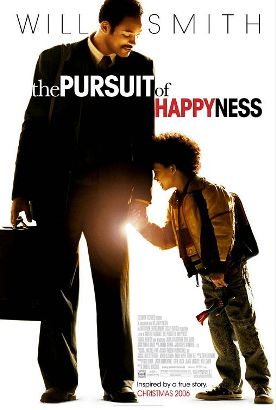Flubber
Flubber, directed by Les Mayfield, is a Disney remake of an original
Disney movie of 1961 about a wonderful kind of “flying rubber” and called The
Absent Minded Professor, directed by Robert Stevenson. It wasn’t a very good
movie the first time around and it is, naturally enough, a much worse movie in
the remake. Its essential mistake is not to realize that the title role, that of
the other-worldly Professor Brainerd who invents the stuff and teaches chemistry
at little Medfield College somewhere in the heartland, is a straight-man role,
more suited to its first actor (Fred MacMurray) than to a manic comic like Robin
Williams. Williams is too hip—which is to say, too knowing in the ways of
the world—to be even remotely convincing as the nerd who suddenly breaks
out of his shell, is taken seriously and admired. In this film he is a comic
whose mobile face is unemployed, when what is wanted is MacMurray’s skill with
the deadpan.
There are other interesting changes. The professor is called Ned in the
original version, Philip in the remake, while his girlfriend was Betsy (Nancy
Olson) instead of Sarah (Marcia Gay Harden). At one point MacMurray sings an
adapted version of “Sweet Betsy from Pike” which is, I suppose, just too uncool
for words, though it is perfect for the putative professor. But neither the name
nor the song survives in the updated (and up-cleaned) version. Instead of being
secretary to the president of Medfield, like Betsy, Sarah is (of course)
president herself. Betsy is endearingly dumb in the old version and mistakes the
Jefferson Memorial for Grant’s Tomb. When Brainerd sets her straight, she says,
“Oh, you mean Monticello.” Of course no 1990s woman would make such a mistake!
Nor would she say, as her boyfriend is about to land his flying jalopy on the
White House lawn, “Oh, Ned! Not there!”
“Why not?”
“Because my hair’s a mess and I haven’t got a thing to wear.”
It is interesting to speculate, by the way, whether the Monticello joke was
cut as being sexist or just incomprehensibly intellectual to kids who will never
have heard of Jefferson, Grant or Monticello.
Another change is that the dog, Charlie, to whom MacMurray talks incessantly,
and his housekeeper, who urges him to go out and fight for the hand of the fair
Betsy, have both become absorbed into the character of the flying computer
called Weebo—conceived of as feminine and, Galatea-like, with a huge crush
on her creator. At times this conceit begins to get worryingly twisted, as when
Weebo is bashed by the comic bad guys that are the trademark of John Hughes (who
co-wrote the screenplay). The professor and Sarah are united in mourning for the
machine, and then discover that she has left behind a sexy daughter called
Weebette. As they leave on their honeymoon in the flying car (a classic T-bird
instead of a model T), Weebette sits in the back bickering with the protean
flubber-man—who is green jello in the form, alternately, of a baby otter
and the Pillsbury doughboy.
The 1961 version may be pretty brainless, but at least it is not terminally
cute. In fact, Professor MacMurray’s treatment of his rival in love and the
greedy businessman who wants to steal his formula would doubtless have come
across to contemporary audiences as “mean,” and so is here softened
considerably. Most interestingly, the new version cuts out the admittedly rather
feeble but generous-spirited satire of the federal government bureaucracy, which
is also hot on the trail of the miraculous flubber. And in the end, MacMurray’s
Brainerd escapes with his invention so as to be able to present it to the
government for the sake of the national defense effort, whereas Williams’s
version sells it to the Ford Motor Company only to enrich himself. There’s
another 1990s lesson to teach the children. Haven’t we come a long way in 36
years?
Discover more from James Bowman
Subscribe to get the latest posts to your email.







